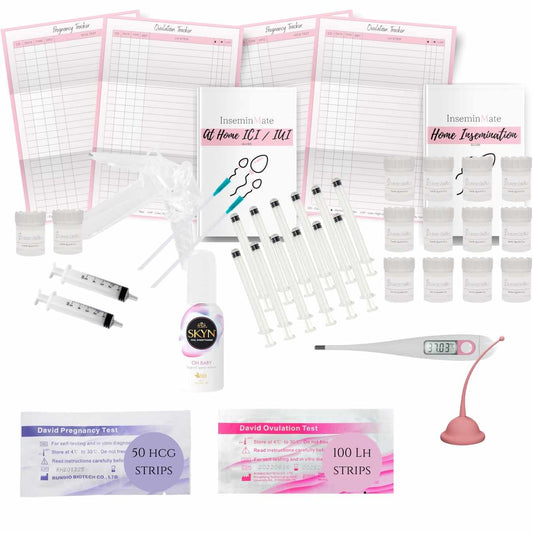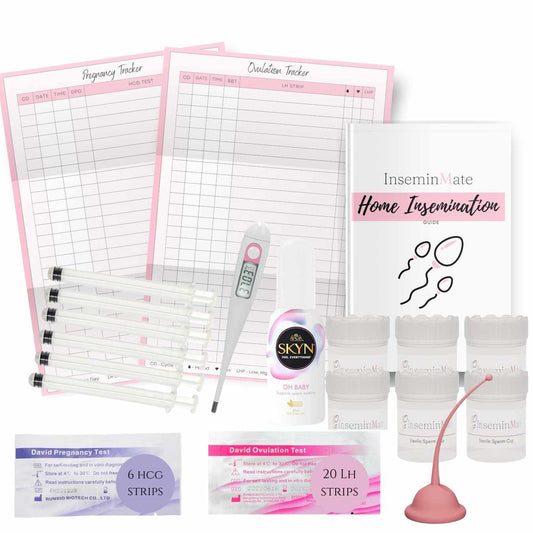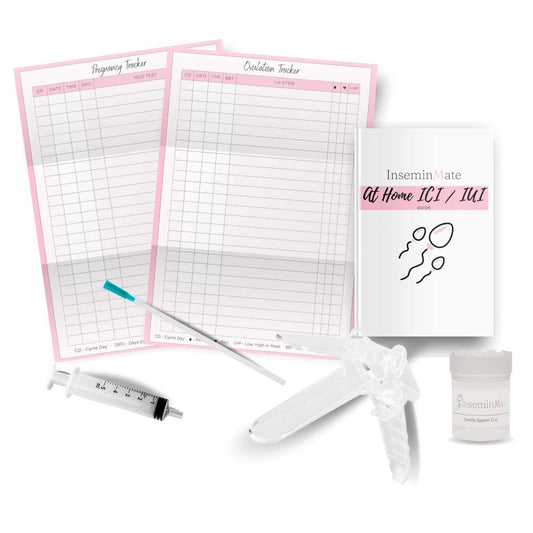Congratulations, you're now nine weeks pregnant! At this stage, your baby is about the size of a grape and is continuing to grow and develop. As your body continues to undergo changes to support your growing baby, you may experience new or worsening symptoms. Here are some of the symptoms you might experience at nine weeks pregnant:
-
Nausea and vomiting: Morning sickness can continue to be a persistent symptom at nine weeks pregnant. You may feel nauseous or experience vomiting, especially in the morning or after eating.
-
Fatigue: You may continue to feel exhausted and fatigued as your body works hard to support the growth and development of your baby.
-
Breast changes: Your breasts may feel sore, tender, or swollen, and you may notice that your nipples are darker and more sensitive.
-
Food cravings and aversions: Hormonal changes can cause food cravings and aversions, making certain foods unappealing and others irresistible.
-
Mood changes: Hormonal changes can cause mood swings, irritability, and anxiety. Make sure to take care of yourself and seek support if needed.
-
Increased urination: Your growing uterus is putting pressure on your bladder, which can lead to more frequent urination.
-
Constipation: Pregnancy hormones can slow down digestion, leading to constipation. Eating a healthy diet high in fiber and staying hydrated can help relieve constipation.
-
Heartburn: Hormonal changes can also cause heartburn and indigestion. Eating smaller, more frequent meals and avoiding spicy or greasy foods can help relieve heartburn.
-
Headaches: You may experience headaches during early pregnancy due to hormonal changes and increased blood volume.
-
Dizziness: Changes in blood pressure and blood sugar levels can cause dizziness and lightheadedness during early pregnancy.
-
Spotting: Spotting or light bleeding may occur in the first trimester of pregnancy. If you experience any bleeding, contact your healthcare provider immediately.
It's important to remember that not all women will experience these symptoms, and some may experience different symptoms at different stages of pregnancy. If you're concerned about any symptoms you're experiencing, speak with your healthcare provider.
During your prenatal appointments, your healthcare provider will monitor your health and the health of your baby, provide important information about prenatal care, and answer any questions you may have. They may also recommend prenatal testing or screening, depending on your health history and any potential risk factors.
In conclusion, experiencing symptoms at nine weeks pregnant is normal and expected as your body continues to adapt to the changes of early pregnancy. Make sure to take care of yourself and seek support if needed. Follow your healthcare provider's recommendations for a healthy and successful pregnancy.




